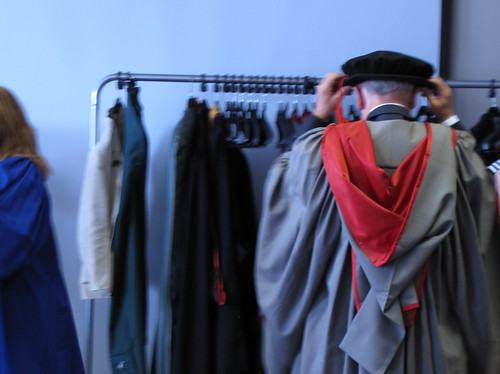No idea has much chance of surviving in the intellectual marketplace these days if it cannot prove its muster in the face of one question:
But can it scale?
It frustrates me to no end. While I appreciate the market and capitalistic underpinnings that lead to the question, I appreciate a good idea much more.
Problems require nuance and sophistication in their solutions. Elements of those solutions may be replicable or scalable, but the solutions themselves must connect to the people and contexts of a particular instance of problem. Student mobility in one city may look like mobility in another city, but it may be the result of a wholly separate set of causes. The solutions will have some elements in common, but they will not be the same.
I’m interested in whether or not I can see and borrow pieces of the solutions I need in the answers you’ve found. If 95% of what you’re doing would solve my problem, implimenting your solution wholesale prevents me from serving my community as fully as I could. What’s more, it let’s me solve a problem without thinking and without questioning deeply what should and can be done.
Scaling a solution runs the danger of reducing thought.
Earlier this semester I found better language for answering the question of whether an idea scales. From professors Mark Moore and Archon Fung, I came to define scale as follows:
Scale is…
…the number of people affected.
…the geographic spread across jurisdictions.
…the critical mass reached in population segment.
…the size of impact on individuals affected.
…the scope and durability of individual impact.
…the sustainability of effort over time.
…the total individuals and assets engaged.
If all we’re trying to accomplish is scaling in the form of the first definition, we’re paying attention to the number of people, but not being mindful of the actual people.

